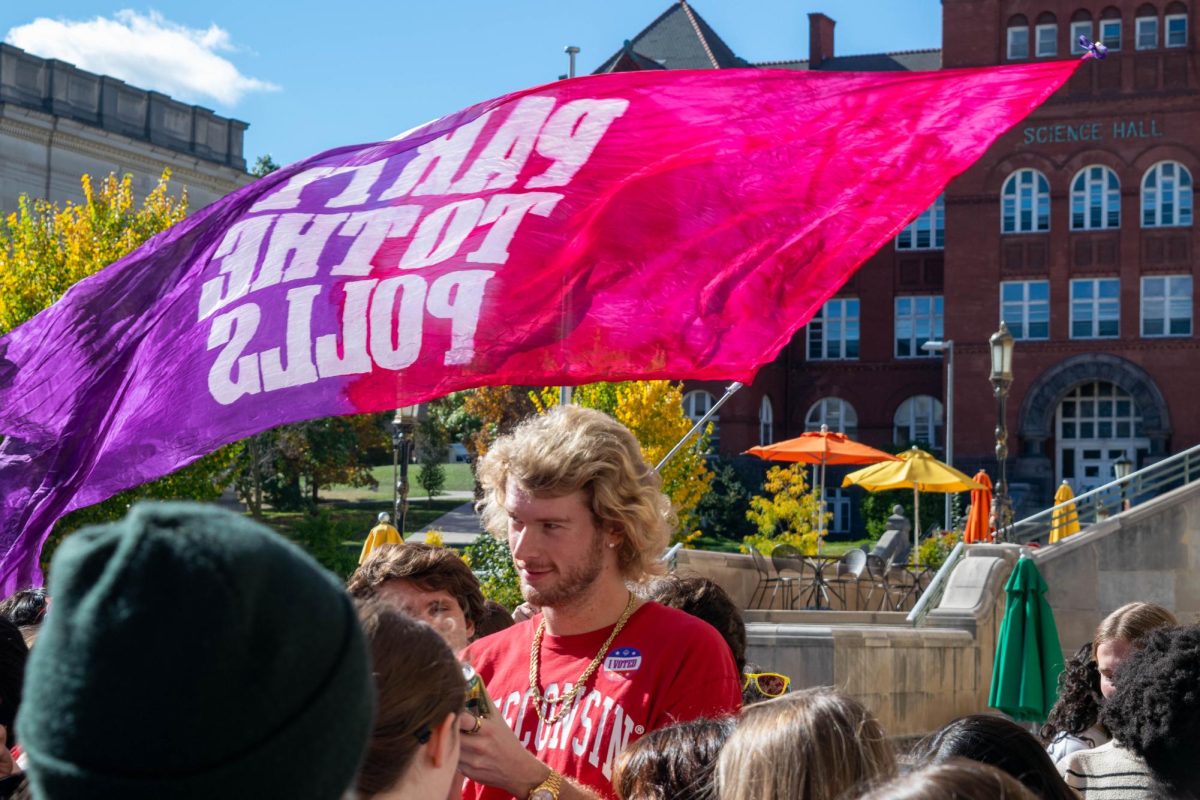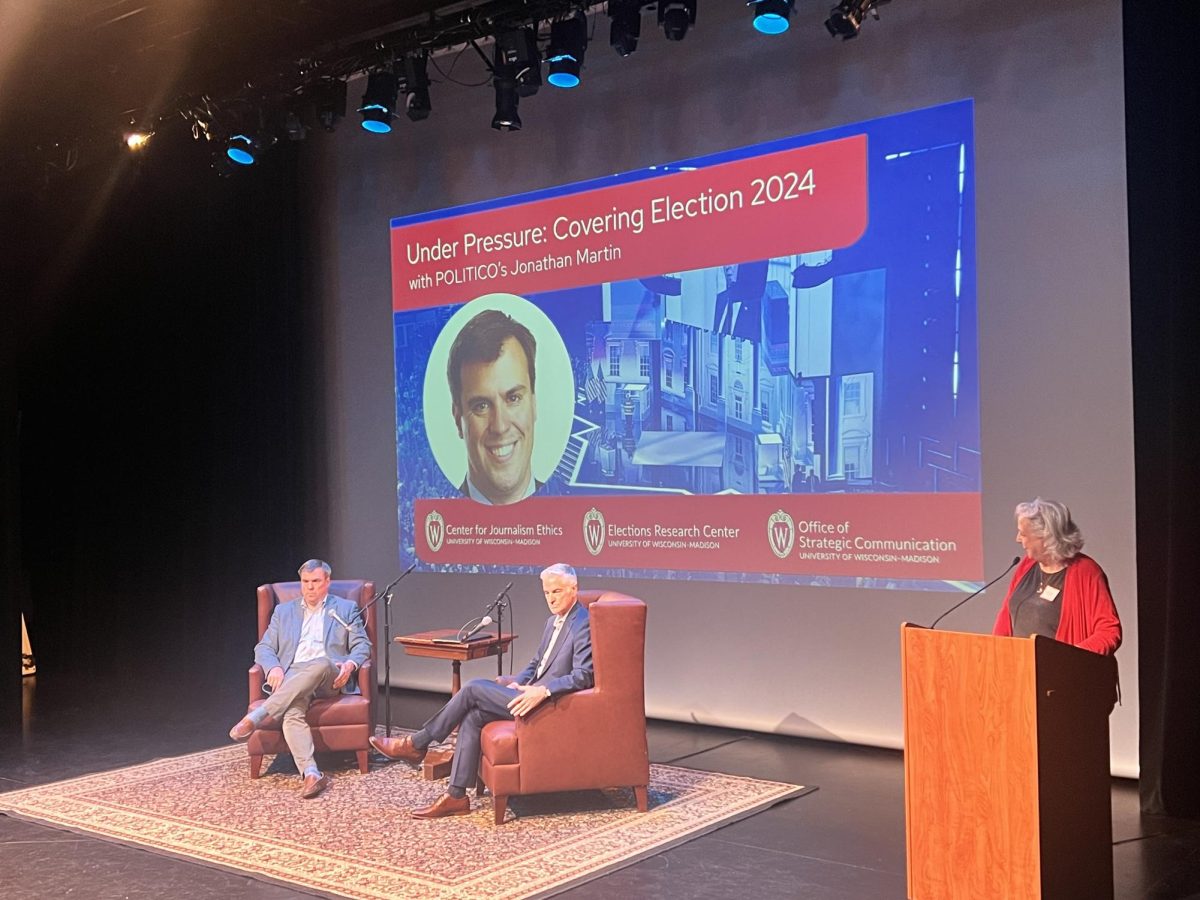A Pulitzer Prize-winning correspondent for The New York
Times said Tuesday at the University of Wisconsin the media did not do its job
in wake of the Sept. 11 terrorist attacks by failing to question the
government’s handling of the situation.
Eric Lichtblau, who won a Pulitzer Prize for his coverage of
the National Security Agency’s illegal wiretapping program, told a group of
students, faculty and community members the news media got caught up in the
climate of fear and revenge leading to the Iraq war.
“We weren’t asking the questions early?on we
should have been,” Lichtblau said. “There was a whole mood in the
country of just revulsion over what had happened and the determination to stop
this from ever happening again.”
According to Lichtblau, the role of the media is to be
skeptical of the information it receives and to investigate to make sure it is
accurate. However, he said following Sept. 11 “that skepticism kind of
abandoned us.”
Lichtblau added the media did not start asking the
hard-hitting questions until after the United States had invaded Iraq. It was
only then that they started to break stories like the prisoner torture at Abu
Ghraib prison and Guantanamo Bay.
According to Lichtblau, it was at about this time he began
investigating the NSA’s wiretapping operations that allowed the agency to get
intelligence on Americans’ international communications.
Lichtblau said the White House begged his bosses, the
editors of The New York Times, “not to run the story, based on the idea it
would do irreparable harm to national security, because al Qaeda did not know
we were listening to their phone calls and reading their e-mails.”
The New York Times editors made the difficult decision not
to print the story, and it was killed, according to Lichtblau. He added the
story did not run for more than a year, until the Times decided to run it in
December 2005.
Lichtblau said the editors weighed the balance between the
public’s right to know and national security and eventually “came down on
the side of the public’s right to know.”
According to Lichtblau, the Times was attacked by
conservatives for running the story, as well as by liberals for holding the
story during the 2004 presidential elections, saying it would have caused
George W. Bush to lose.
Lichtblau defended the Times’ decision to ultimately run the
story, saying “This was sort of the press at its best,” adding it is
“the role of the press as a watchdog.”
One audience member accused the Times of being biased in its
new coverage, saying Lichtblau’s opinions were coming from a liberal point of
view.
“While that’s certainly our reputation, I think that’s
mostly from our opinion pages, which are certainly liberal,” Lichtblau
said. “I think in our news pages there is just as much to piss off liberals
as there are conservatives.”
UW journalism professor Robert Drechsel said he agreed with
Lichtblau’s assertion that the media failed to do its job in the wake of Sept.
11 by failing to ask questions.
“I think the media absolutely dropped the ball on 9/11,
and I think it persisted, unfortunately, all the way through the decision to go
to war in Iraq and even after that,” Drechsel said. “Only recently is
it really coming back into balance, and I think that, frankly, the country has
paid an enormous price for it.”







